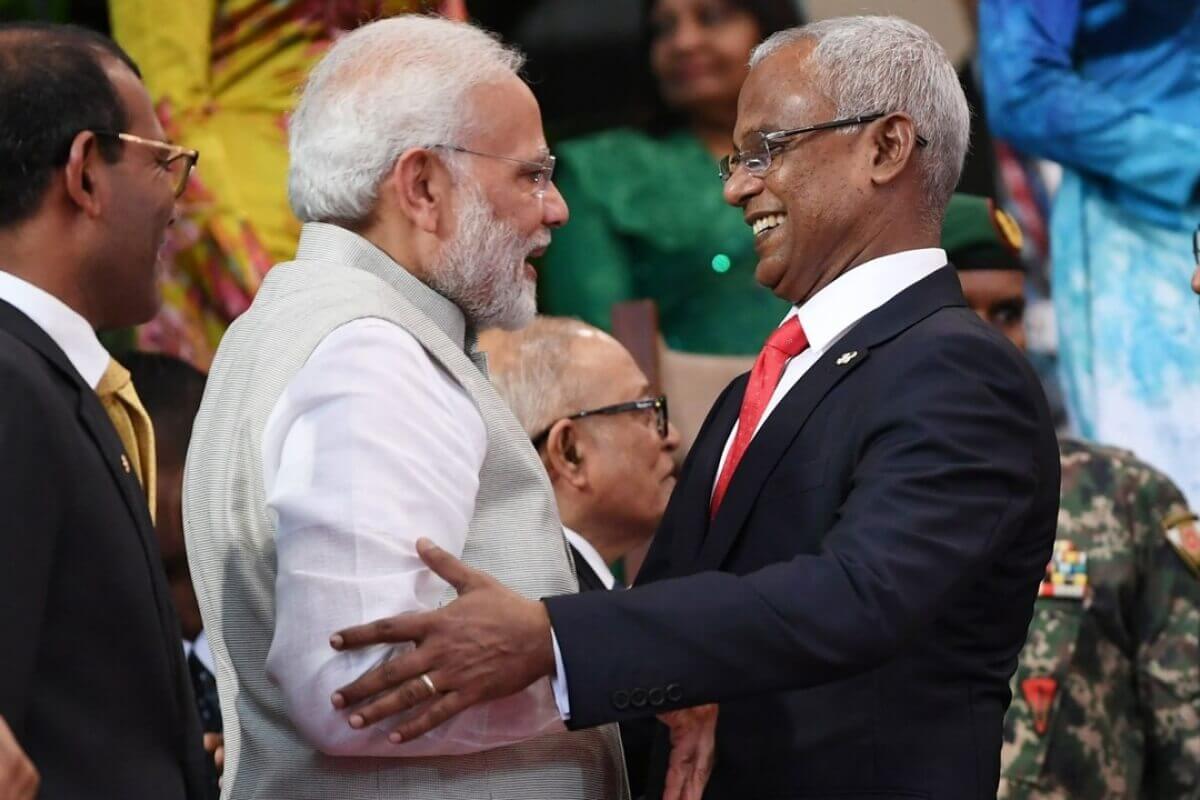On May 22, the 57-member Organisation of Islamic Cooperation (OIC), widely considered to represent the collective voice of Muslim countries, conducted an online conference. During the meet, Pakistan’s UN Ambassador, Munir Akram, called on members to take action against India for promoting an Islamophobic agenda. He recommended setting-up of a “small informal working group” whose focus will be to take action against India in the UN.
This recommendation was rejected by the Maldives, whose representative said that it would be inappropriate to “single out” India for rising Islamophobia. Thilmeeza Hussain, the Maldives’ Permanent Representative in New York, said, “In this light, let me state that singling out India, the largest democracy in the world and a multicultural society and home to over 200 million Muslims, alleging Islamophobia would be factually incorrect. It would be detrimental to the religious harmony in the South Asian region.” Hussain added that Islam is the second-largest religion in the country, with Muslims comprising of 14.2% of the country’s population. She also said that since his election, India Prime Minister Narendra Modi had only strengthened its relations with Islamic countries like Saudi Arabia, UAE, Afghanistan, and Palestine. Therefore, Hussain called upon South Asian countries to collaborate and work together, urging Pakistan to adopt a more accommodative approach.
The statement reflects the growing diplomatic relations between Maldives and India, and a sign of Maldives’ reliance on India. The country is highly dependent on India for several essential goods, such as rice, wheat, condiments, and pharmaceutical facilities. Further, the Maldives also depends on India for specialty and super-specialty medical care. In fact, to help it battle the COVID-19 crisis, India sent two medical teams and medications along with 580 tonnes of food on its naval ship, Kesari.
Maldives’ support for India was echoed by Saudi Arabia and the UAE. Oman, one of India’s closest partners in the Gulf, believed the issue to be India’s internal affairs. In the past, the Pakistan-Turkey-Malaysia trio has vehemently opposed India before several platforms, including the UN. While Turkey continued to back Pakistan in its stand against India, Malaysia did not come forward with the same vigour as it did in the past. This is perhaps due to the economic fallout from doing so in the past. In January, PM Mahathir Mohamed criticized India’s new citizenship law despite India’s move to unofficially ban palm oil imports from the country. Mahathir said he will “continue to speak against wrong things” even if it costs the country financially. Seeing as India is the world’s largest buyer of edible oil and the leading importer Malaysian Palm oil, it is curious that Malaysia was not as vocal in its criticism of India during the OIC meeting.
The statement by the Maldives, backed by several other countries, comes as a relief to India. In the past, the OIC criticised India for its handling of the Jammu and Kashmir issue. Last week, the OIC Human Rights Commission rejected India’s decision to change the laws on domicile certificate rules in Jammu and Kashmir, calling it an “illegal action” by India, meant to “alter the demographic status of the union territory”. OIC also urged the international community to focus its efforts on the resolution of the issue and ensure abidance by UNSC resolutions. Further, the OIC also called India out for discriminating against Muslims, holding it responsible for the “vicious campaign to malign Muslims for the spread of COVID-19 in the country”. However, the recent support of several members of the OIC indicates an improvement in their relations with India.
Image Source: South China Morning Post
Maldives Backs India at OIC Meet, Rejects Pakistan’s Charge of Islamophobia
May 25, 2020

